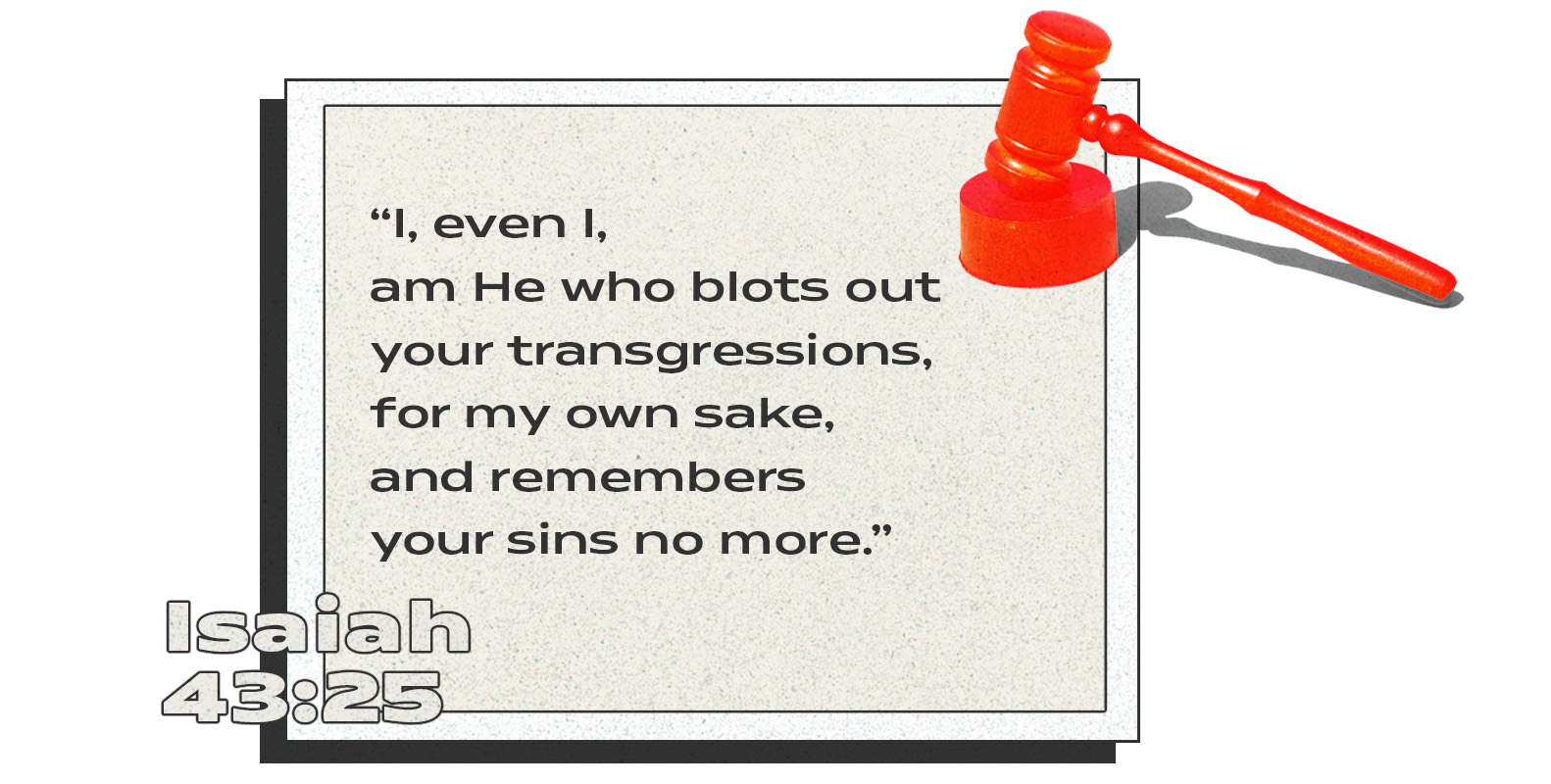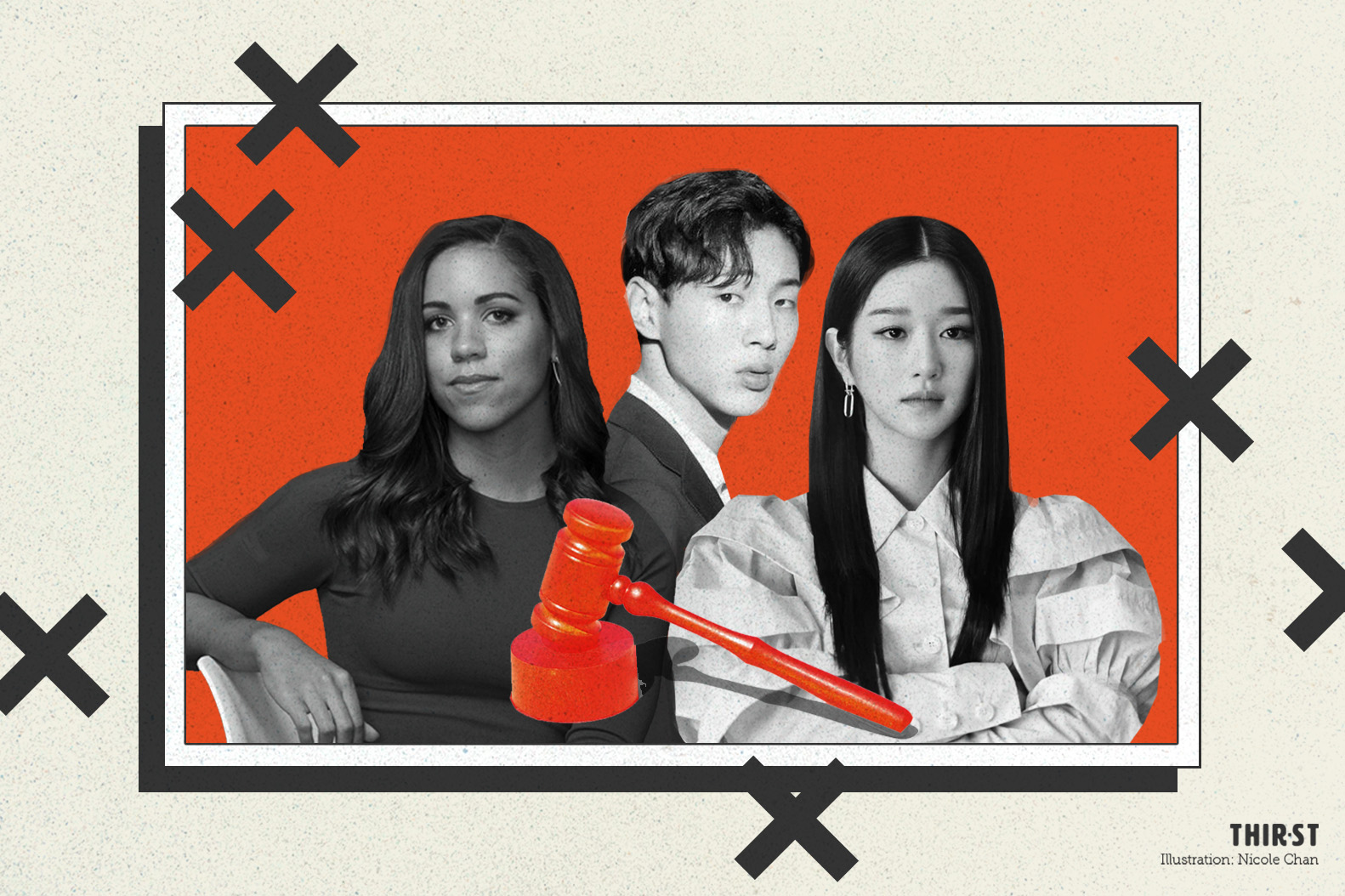Last month, Alexi McCammond became the latest person in America to be cancelled over some dirt that was dug up from her social media history.
The 27-year-old was set to become editor of Teen Vogue until it was unearthed by staff there that she had tweeted racist remarks against Asians when she was 17. Predictably, McCammond did not get the job.
Cancelling has also been happening in the Korean entertainment industry, where bullying scandals involving actors like Seo Ye Ji and Ji Soo as well as superstars like (G)I-dle’s Soojin, MONSTA X’s Kihyun, SEVENTEEN’s Mingyu and Stray Kids’ Hyunjin have seen roles and endorsement deals stripped from them in the last few months.
Just so we’re clear — racism and bullying are wrong. But while I’m glad some measure of justice has been reached, examples like these got me interested in taking a look at an aspect of cancel culture that isn’t widely talked about.
Just how far back do one’s sins go?

This might surprise you, but I don’t think cancel culture is entirely a bad thing.
Boycotting and denouncing someone is frequently toxic and vindictive, but there is an aspect of it that can lead to justice, especially where traditional ways to reach a just outcome have failed.
Think about Harvey Weinstein, for instance, who got away with decades of sexual misconduct — until the growing surge of an online boycott finally engulfed the media mogul.
That’s a good example. In an ideal world, social media would always be a platform to give voice to the oppressed and champion the cause of those who have otherwise been bullied into silence.
Modern marvels aside, if we rewind a few thousand years, there may also be a precedent for the court of public condemnation in the Old Testament.
We see it in verses like Deuteronomy 19:15. A conviction would come from the testimony of two or three witnesses, and they would be the first ones among the community to stone the offender if he or she were found guilty.
Notably, however, the accused would have a chance to defend himself. Thing is, that’s not often how it goes down in our present age where we’re a bit quicker to get to the stoning part.
“A man can learn from making a mistake…”
Take the case of Emmanuel Cafferty for instance, an American truck driver in his 40s who was tricked into making a white supremacist hand sign by a driver he had cut off at a junction.
When the video blew up on social media, Cafferty was fired. There were no explanations that could save his livelihood, no amends to be made, no lessons to be learnt. Just a nuclear option that was exercised. So affected by his life’s upheaval was Cafferty, that the San Diego native had to seek counselling.
“A man can learn from making a mistake,” said the father of two. “But what am I supposed to learn from this? It’s like I was struck by lightning.”
As such, one glaring flaw that many are coming to see with cancel culture is that such a worldview leaves a lot to be desired in the areas of restoration and redemption.
Cancelling someone gives the offender no chance to make restitution, no chance at reform.
And for the witnesses who — by their social media accounts — have wrought a semblance of justice, they embrace a vindictive engagement with the world that falls short at genuine betterment.
When we live in that anger, what we end up doing with our time and energy is zealously seek out targets to destroy, moving on to the next one when the execution is complete.
When we do that, we’re saying there’s no expiry date to an ugly past, no room for redemption. It’s an approach I do not find productive or constructive, but one that is destructive.
So I don’t know about you, but I’m unsatisfied with such a “justice” that only produces a worldly sorrow that ends in death — for both the accused and the accusers!
Stepping into the picture of our now civilised and forward-thinking age, is the much-maligned God of the Bible.
Surely the mean old man with the beard will crush the deserving scum of this world!
Well, yes and no.
Sin must be punished, but God the Father also mercifully provided a way for redemption by a crushing of a different sort – the death of His Son, Jesus Christ, on the cross as an atoning sacrifice for us.
A BETTER WAY TO DEAL WITH WRONGS
Well… surely that violent, vindictive God of the Old Testament would not forget what these evil people have done!
Not quite. It turns out that for those He forgives, He also forgets.
“I, even I, am he who blots out
your transgressions, for my own sake,
and remembers your sins no more.” (Isaiah 43:25)
Surprisingly, that is how long our sins will be remembered for. They won’t. At least not for those who repent.
Of course, there will be consequences. If you were discovered to have been embezzling church funds, for instance, only a fool would keep you as treasurer. You’ll have to face the consequences of the wrong you’ve done.
But at least you’ll face it with hope. And all of us have done wrong… but not all of us have hope.
Hope is precisely where the biblical worldview is more compelling compared to the worldview of the day, and is bound up with that unsexy word called repentance.
WHAT IS HOPE? A CHANCE AT REDEMPTION
Justice, in some of our eyes, would be to destroy even the memory of the person. Yet no one wants that standard applied to themselves when they find they are the ones being cancelled.
Against that, God offers hope!
It’s the idea that even though you’ve screwed up, through repentance and faith in Jesus Christ, you can be saved (rescued by God), sanctified (look like God) and eventually glorified (be with God)!
In truth, the chance to repent in the face of wrongdoing demonstrates not the pettiness of a mean deity as is widely believed, but the hope offered by an unchanging God for whom mercy and justice go hand in hand.
All that to say, I don’t find cancel culture particularly compelling as a way for society to move forward. I think it is a blunt and noisy tool that might get the job done, but is dangerous when wielded by humans.
What happened along the way that made us forget values like grace and forgiveness? Is this a natural progression our culture of instant gratification sees in today’s instant obliteration of people we don’t like?
The way so many of us engage today runs contrary to this spirit of “progress” we espouse. Instead, what if we met wrongdoing not with inquisitions that condemn and obliterate, but conversations that find a way to lift both the victim and aggressor?
My disdain for cancel culture isn’t down to the fear of what someone might find if they dug up stuff around my life. I already know just what they might find. And if they think I’m bad then, well, I’m even worse than they think.
The only things God cancels? My debts and the curse of my sin.
I know well my sinful nature within – it is that which makes me more rotten inside than most people would outwardly realise.
But the difference is that I am being renewed! I can have that grace. I can have that hope.
As I confess my sin and repent, I know that God forgives me. That singular moment is how far back my sins go. And because of love, God takes me — ugly as sin — and turns me into the likeness of His Son. And someday He’ll take me home.
The only things God cancels? My debts and the curse of my sin. He does not hold my sin against me because Christ took them upon Himself on the cross. And, sometimes, this God of grace even cancels out the consequences of my own mistakes!

Some people say your teenage years are the best time to make mistakes. If this prevalent culture and worldview has anything to say about it, however, then there isn’t a safe time to make mistakes at all.
Faced with the choice of dancing over eggshells in a politically correct world rife with shifting landmines, I’d rather kneel in repentance.
As an imperfect person, it’s quite apparent it’s my only shot at restoration and redemption.
- Is there something that you need to kneel in repentance for? Bring it before God and receive his grace and forgiveness.
- How well are we reflecting the Father’s heart for both justice and mercy in how we relate to others – online or offline?
- How can we move from inquisitions that condemn and obliterate to conversations that hold out hope and restoration?









